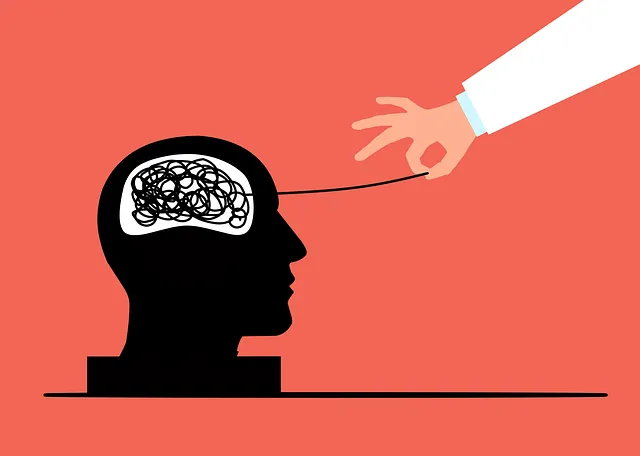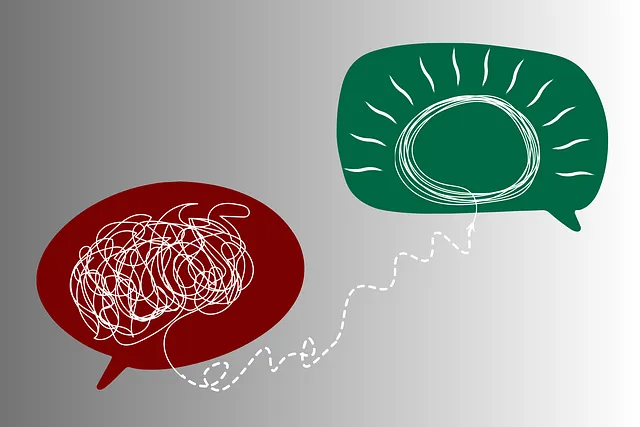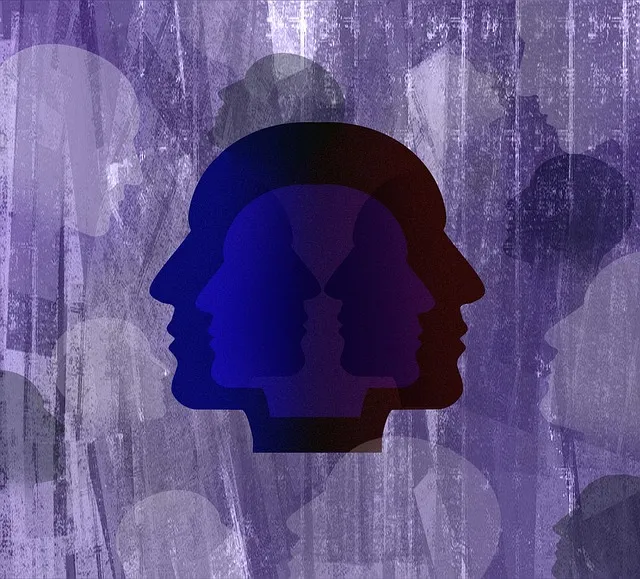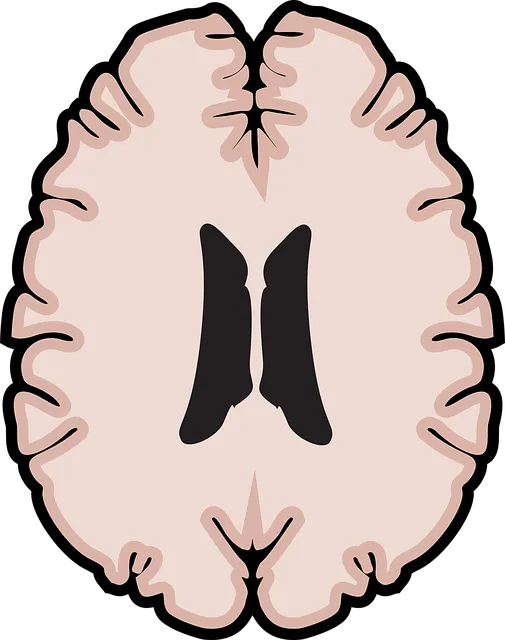Emotional intelligence (EI), enhanced by Centennial Kaiser Permanente's mental health coverage, is built on self-awareness, which helps individuals manage stress, make conscious decisions, and improve relationships. Education and training through programs offered by Kaiser Permanente provide tools for emotional healing, stress reduction, and crisis intervention, fostering empathy and social skills. Integrating EI into daily life, via journaling, active listening, and burnout prevention strategies, strengthens relationships and enhances well-being, as supported by Centennial Kaiser Permanente's comprehensive mental health services aimed at reducing stigma and promoting personal growth.
Emotional intelligence (EQ) is a powerful tool for navigating life’s complexities. This article explores strategies to build and integrate EQ into daily routines, emphasizing its importance in personal growth and well-being. We delve into the foundational concept of self-awareness, the role of education and training, and practical applications. Additionally, we highlight how Centennial Kaiser Permanente’s mental health coverage fosters EQ development, underscoring the holistic approach to healthcare.
- Understanding Emotional Intelligence: The Foundation of Self-Awareness
- The Role of Education and Training in Enhancing EQ Skills
- Integrating Emotional Intelligence into Daily Life: Practical Strategies
- Centennial Kaiser Permanente Mental Health Coverage: Supporting EQ Development and Well-Being
Understanding Emotional Intelligence: The Foundation of Self-Awareness

Emotional intelligence (EI), often discussed in the context of Centennial Kaiser Permanente mental health coverage, is more than just understanding emotions; it’s the foundation of self-awareness. This involves recognizing and comprehending your own feelings, strengths, weaknesses, and how they impact your thoughts and actions. Self-awareness is a cornerstone of EI as it enables individuals to make conscious decisions, manage stress effectively, and foster positive relationships. It helps one recognize their emotional triggers, leading to improved decision-making and enhanced interpersonal interactions.
Developing this aspect of emotional intelligence involves engaging in self-care practices such as Mental Wellness Journaling Exercises. By jotting down thoughts, feelings, and experiences regularly, individuals can better understand their emotional patterns, identify areas for growth, and cultivate inner strength. This guidance fosters a deeper connection with oneself, allowing for more thoughtful responses to life’s challenges and opportunities, thereby contributing significantly to overall mental wellness.
The Role of Education and Training in Enhancing EQ Skills

Education and training play a pivotal role in enhancing emotional intelligence (EQ) skills, offering individuals valuable tools to navigate complex human interactions effectively. Programs focused on EQ development equip people with a deeper understanding of their emotions and those of others, fostering empathy and constructive communication. This is particularly relevant in today’s fast-paced world where stress and crisis are prevalent, as highlighted by the comprehensive mental health coverage provided by Centennial Kaiser Permanente.
Through workshops, seminars, and structured courses, individuals can learn effective emotional healing processes, stress reduction methods, and crisis intervention guidance. These training sessions promote self-awareness, teach emotion regulation strategies, and enhance social skills, all of which contribute to building a resilient and adaptable mindset. By investing in EQ development through education, people can better manage interpersonal relationships, improve decision-making, and overall lead more fulfilling lives.
Integrating Emotional Intelligence into Daily Life: Practical Strategies
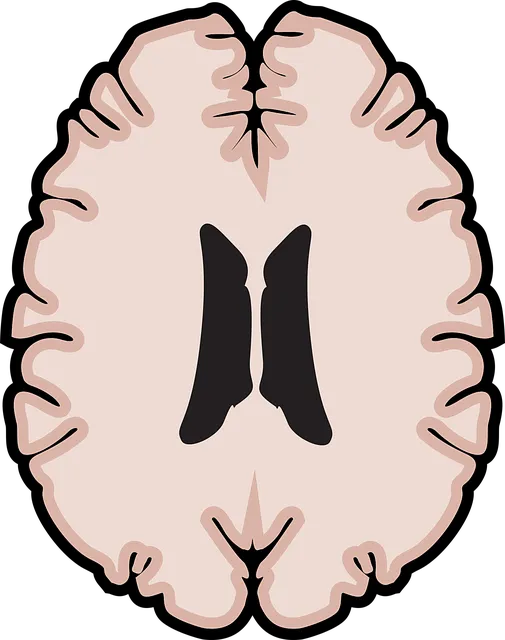
Integrating emotional intelligence (EI) into daily life is a practical step towards enhancing well-being and improving relationships. It involves recognizing and managing your own emotions, as well as understanding and empathizing with others’ feelings. Start by cultivating self-awareness—pause to reflect on your emotions throughout the day. Journaling can be a powerful tool for this, allowing you to identify triggers and patterns. Additionally, practice active listening during conversations; focus on understanding the speaker’s perspective and validate their feelings.
When interacting with colleagues or patients, particularly in high-pressure healthcare settings like those covered by Centennial Kaiser Permanente mental health coverage, applying EI can be transformative. Incorporate burnout prevention strategies, such as setting boundaries and prioritizing self-care, to maintain resilience. Regularly engage in risk management planning for mental health professionals, ensuring you have robust crisis intervention guidance readily available. By integrating these practices into your routine, you can foster healthier relationships, improve patient outcomes, and enhance overall job satisfaction.
Centennial Kaiser Permanente Mental Health Coverage: Supporting EQ Development and Well-Being

Centennial Kaiser Permanente’s mental health coverage plays a pivotal role in fostering emotional intelligence (EQ) development and overall well-being. This comprehensive program recognizes that addressing mental health is essential for individuals to thrive. By offering accessible services, they aim to reduce the stigma surrounding mental illness, encouraging people to seek support without hesitation. The coverage includes various initiatives tailored to enhance self-esteem, provide tools for stress management, and create a supportive environment conducive to emotional growth.
Through these efforts, Kaiser Permanente seeks to empower individuals to navigate life’s challenges with resilience and emotional awareness. By investing in mental health resources, they contribute significantly to the community’s overall EQ development, ultimately leading to improved relationships, better decision-making, and enhanced quality of life.
Emotional intelligence, a vital component of overall well-being, can be nurtured and developed through education and practical application. The article has explored various facets of EQ, from self-awareness to its integration into daily life, highlighting the importance of these skills in personal and professional success. Furthermore, the supportive role of the Centennial Kaiser Permanente mental health coverage in promoting emotional intelligence development is noteworthy, demonstrating a holistic approach to healthcare that recognizes the mind-body connection. By adopting the presented strategies and fostering a culture that prioritizes EQ, individuals can enhance their relationships, make better decisions, and lead more fulfilling lives.
